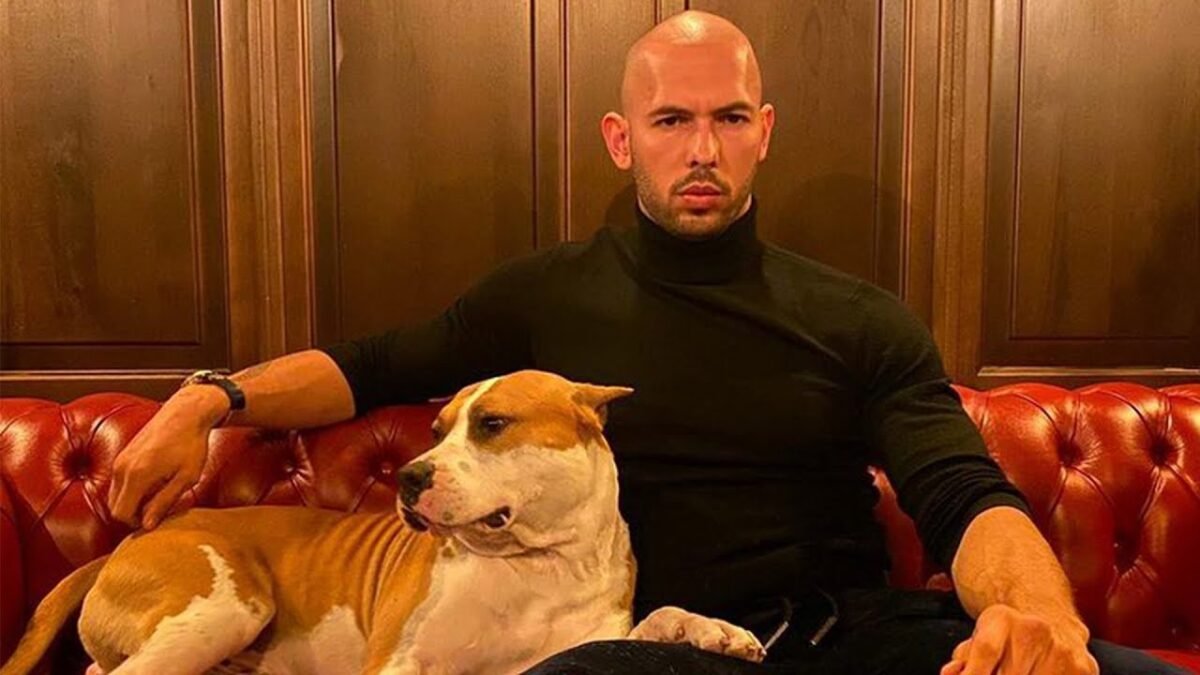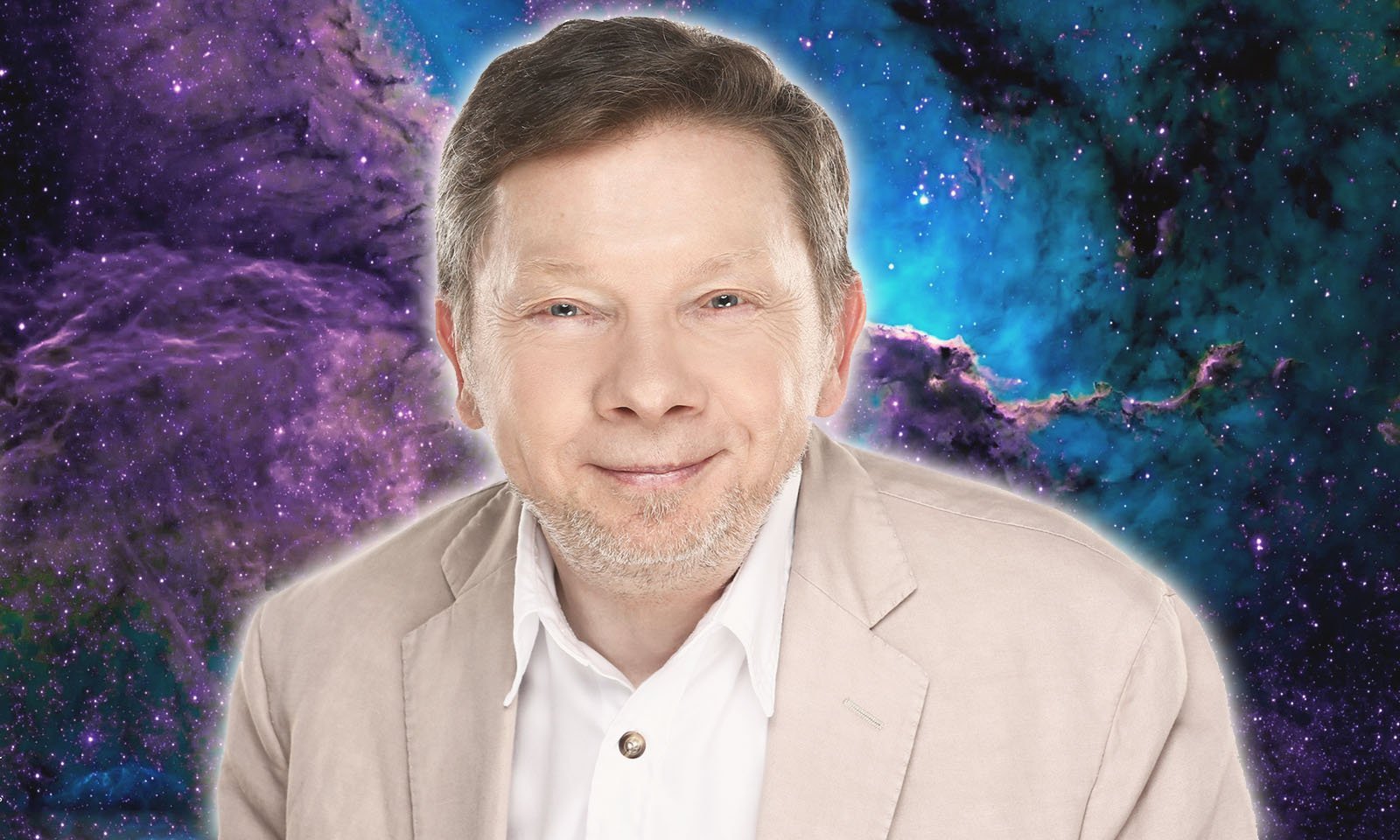A Few Good Men: How Would Dimash, Andrew Tate, and Eckhart Tolle Debate Masculinity?
It appears I’m going through a phase of fascination with men and masculinity.
And the way my brain is set up: curiosity loves a strange hypothetical.
Dimash Qudaibergen
A blended-genre, world-class vocalist whose 8-octave range BLOWS THE MINDS of trained singers of every gender. In narrow binary terms, his singing is often described as seamlessly switching between “sounding perfectly like a man, and perfectly like a woman” — which, surprise, I adore. I don’t know too much about Dimash’s private life, beyond that he hails from Kazakhstan, born and raised in a well-respected family. After training in European classical (operatic) singing from a young age, Dimash turned down invitations to join renowned professional opera gigs because he was more interested, instead, in pushing genre boundaries between classical and pop styles. Judging by his pro-peace, anti-war music videos; reportedly warm humility and grounded affection for fans; and his lovely, charismatic stage presence, Dimash seems like a genuinely caring human being — in addition to being astoundingly talented and hard-working at his craft.
Andrew Tate
More Googled than Trump, Rihanna, or Kim Kardashian, Tate is a former kickboxing champion (son of a Black genius chess champion / military intelligence veteran). Andrew’s fast-paced punditry on traditional masculinity garners billions of internet views. He denies being a misogynist (“a Top G like me has no need to rape women; rather it is the duty of real men to protect women; while also holding authority over our women, as God intended”), but has been banned from YouTube and other social media platforms for his supposedly misogynistic propaganda. Andrew and his brother, Tristan, are currently being detained in Romanian jail on charges of human trafficking and sexual assault. They deny all allegations.
Eckhart Tolle
Forever gently self-deprecating. I used to roll my eyes at Eckhart, since he rarely speaks directly on contemporary social justice issues, seeming to stay firmly rooted in “ultimate” rather than “relative” reality. But over the years I’ve grown very fond of him, his extremely yin energy (maybe Taoist-feeling?), and the fact that he NEVER EVER flexes on anyone else in terms of his looks, physical fitness, fancy possessions, or other mainstream markers of success. Extremely refreshing and endearing!
Can you imagine Eckhart, Andrew, and Dimash sitting down to have a conversation about masculinity?
Maybe with Alok Vaid-Menon as well, and Gibrán Rivera of the Better Men Project, and Ven. Thich Nhat Hanh, if he could come back to life, or could communicate from wherever and whoever he is now.
Is that a conversation that would interest you?
It sure would fascinate me.
What if we asked them about emotions?
Eckhart Tolle: Allow emotions to arise, but don't let them make a home in you. [1]
Andrew Tate: For emotions like anger, men actually feel them more than women, though women are more emotional creatures overall. Don't let emotions get the better of you; channel them into motivation, and continue to lead with your logical mind. [2]
Dimash Qudaibergen: Consecrate deep emotion through art, not war. Emotions can bring us together as a global human family. [3], [4]
Alok Vaid-Menon: Stay true to your own emotional experience and expression, no matter how violently society — in its own misguided reactivity, fear, jealousy, and anguish — tries to force you to conform. [5]
Gibrán Rivera: Learn in community to do the work of holding your emotions. Community is a key to emotional intelligence, wisdom, and freedom in the sacred masculine. You don't need to go it alone. [6]
Ven. Thich Nhat Hanh: Greet the ten thousand joys and ten thousand sorrows of life with compassion. Don't reject your fear, sadness, or anger, but practice holding and soothing them, caring for them as you would care for a small child. [7], [8]
And then what? Would they debate?
Andrew Tate: It's anti-masculine to ask men to take care of our emotions like we would a child. Men are not meant to take care of children! Modern society is trying to turn the father into a second mother, but this is not his nature. The nature of a father is to be a superhero for his son to admire and emulate. Superheroes don't stay home and soothe; they go forth and conquer.
Gibrán Rivera: While the Warrior is part of the sacred masculine archetype, too often it is the only aspect emphasized in masculinity, which brings us out of balance. Our work is to reclaim all parts and dimensions of ourselves as men: the glorious sides and the shadow sides, too.
Alok Vaid-Menon: I agree with reclaiming all our parts and dimensions, but it bears emphasizing that reducing our gender options for self-actualization to either "I am a man" or "I am a woman" is a fundamental shortcoming (and violent insistence) of Western colonial thinking. In order to truly honor all our dimensions, we would need to question and decolonize the limited gender frameworks and languages enforced in dominant society. At stake, besides survival for trans and gender non-conforming people, is everyone's ability to truly, freely love — love ourselves, and love others, just as we are.
Eckhart Tolle: It's true, our ultimate Being has no gender; it has only Presence. It is the pain body that wants us to choose a gender (whether a traditional or rebellious one, superior or inferior, does not matter) in order to feed on the pain of identification. When we begin to awaken and live in the Now (the only time we can ever truly live), we learn to honor our conventional form identity without actually believing in it or investing in it as our true self.
Ven. Thich Nhat Hanh: In a way, we are every gender, interbeing with all forms. Over lifetimes, I have been everyone's mother, and everyone has been my mother. I have been both victim and perpetrator. I do not shun the difficult experiences, for they are the mud from which the lotus may grow. Life's infinite experiences include much pain, much suffering. But that very same suffering enables us to learn compassion and wisdom, which ultimately brings us peace. A man learning to care for his anger, or learning to care for a child, can discover how to come home to himself in peace.
Dimash Qudaibergen: [Sings Olympico, a gorgeous, mostly gender-neutral song about courage, strength, nature, poets, heroes, and traveling the world. Composed by Igor Krutoy, lyrics in Italian by Lilia Vinogradova.]
What do you think?
What am I missing, or mischaracterizing, about these leaders?
Who else would you want to add to the conversation on masculinity, and why?
(bell hooks? Alexander Beiner? Laith Ashley De La Cruz? Adam Jackson? Richie Reseda? Chase Strangio? Terry Real? Who is speaking to you, and how?)


